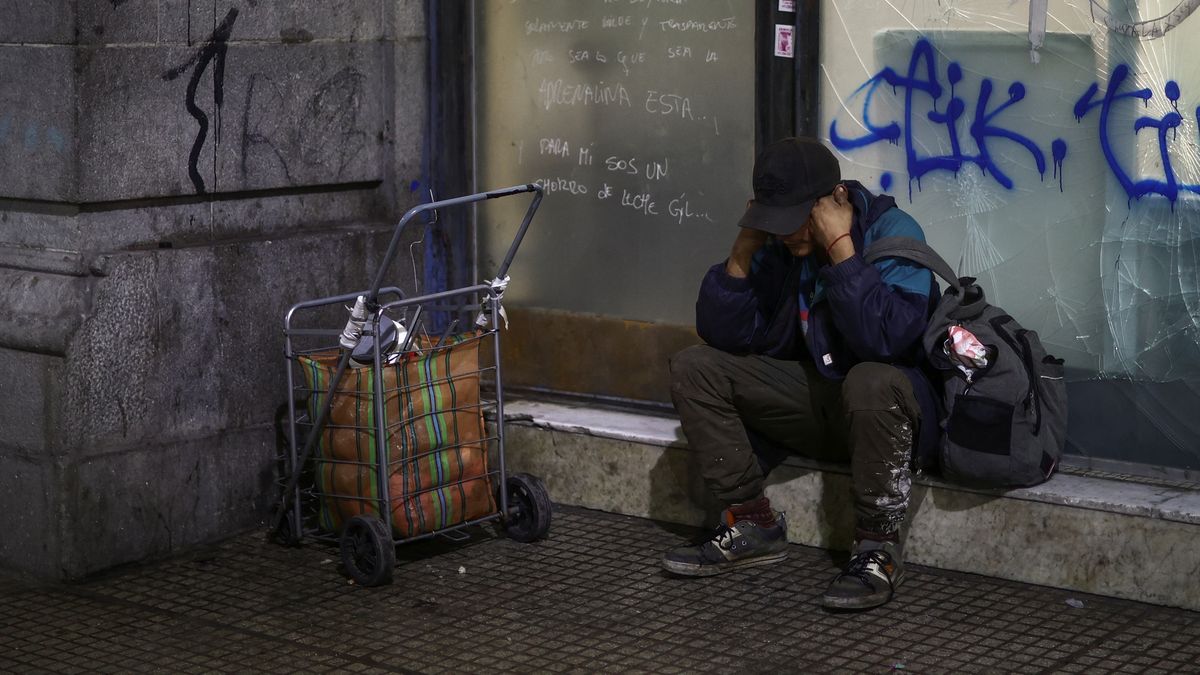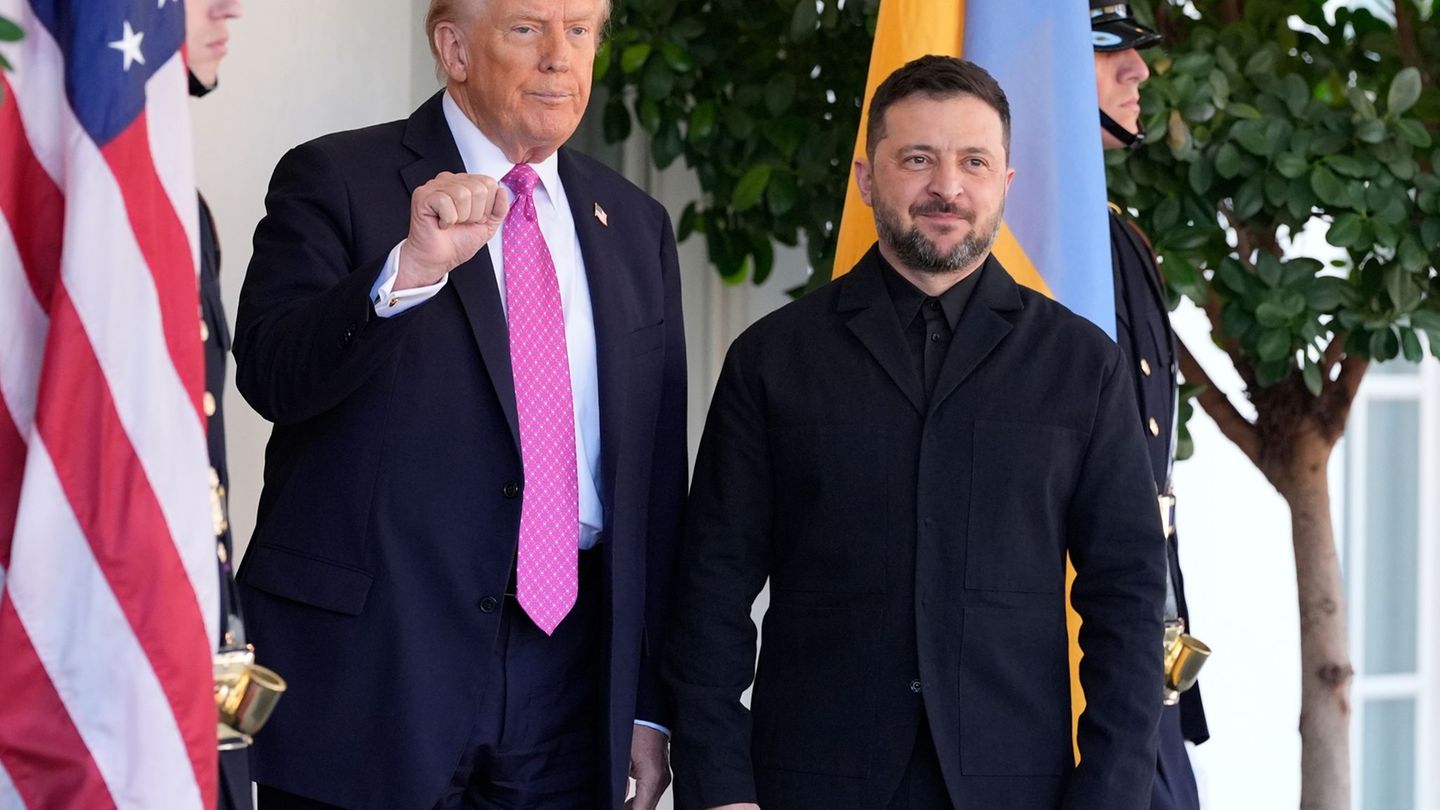One of the direct consequences of this libertarian financial program has been a brutal reduction in the salary and pension income of Argentines.
The Argentine government of the president Javier Gerardo Milei has carried out a purely financial program that attempts to sustain a persistent primary surplus that, together with a very rigid exchange rate policy, operates as an anchor to lower inflation and reduce inflationary expectations in the future.
The content you want to access is exclusive to subscribers.
One of the direct consequences of this libertarian financial program has been a brutal reduction in the salary and pension income of Argentines. Basically, because the inflation accumulated in the six months of the current year 2024, has hit incomes hard, which, on the one hand, have not grown at the same real rate as the prices of goods, and on the other hand, are affected due to the basic asymmetry in the composition of Argentine spending.


The question is very simple, It is more expensive for the poor and lower-income sectors to live, because the goods that they have to buy compulsorily, that is, linked to basic food, transportation and accommodation, grow much more than other goods that will never be consume, but that are part of the consumption baskets of the most privileged sectors.
For a poor family, an increase in energy or food expenses directly implies a disinvestment in another basic item. They do not have a surplus in their income that allows them to plan balanced spending in a more or less adequate way. To understand this phenomenon, Esther Duflo and Abhijit V. Banerjee (winners of the 2019 Nobel Prize in Economics) analyzed the phenomenon called the “poverty trap,” and this author pointed out: “…the poor are no less rational than anyone else – rather the opposite happens – because they have so little we often find that they are much more careful in their decisions: they have to act like sophisticated economists simply to survive. That is, those with lower incomes must allocate and reallocate small parts of those very poor incomes in order to guarantee subsistence.
Consequently, for these sectors, the effects of increases in food, transportation, and energy are devastating, because they fall on areas of their consumption, in which they cannot spend less, because the essential minimum is already being spent. That is why energy rationality and responsible consumption campaigns do not make any sense for these social sectors; they are already rationing simply because they do not have the capacity to pay more than the minimum, and they cannot consume less. This situation can become calamitous: “The next electricity bills received by low-income households in the metropolitan area will have average increases of up to 465% annually. Meanwhile, gas bills for households with income equivalent to up to a basic basket family ($ 851,000) will have a 745% increase compared to June 2023, right in the period of highest consumption. Middle-income households will pay 378% more for electricity and 544% more for the network gas they consume.
That is why an income policy for the most disadvantaged sectors must address precisely this feature and that is the first foundation of a rational and planned subsidy policy with other economic policies that allow precisely overcoming the poverty trap.
An unlimited trust in the forces of a blind market, which rejects the existence of active policies of the respective governments that allow the allocation of investment flows, in ways that have a more rapid impact on overcoming the poverty trap, is not but rather a maintenance and increase in poverty and indigence rates, which is what the statistical indicators are marking at the present.
The conclusion of the analysis shows us how governments with right-wing economic policies always squeeze those most in need, these being the ones who end up paying the costs of the trials of the genius thought up by economists like Milei, and we can clearly identify what the paying caste.
Master in Communication, Culture and Media Speeches. (UNLAM). Graduate in Social Communication (UNLAM). Professor in History. Writer. Published book “Fake News: All news is false until proven otherwise”
Source: Ambito
David William is a talented author who has made a name for himself in the world of writing. He is a professional author who writes on a wide range of topics, from general interest to opinion news. David is currently working as a writer at 24 hours worlds where he brings his unique perspective and in-depth research to his articles, making them both informative and engaging.




